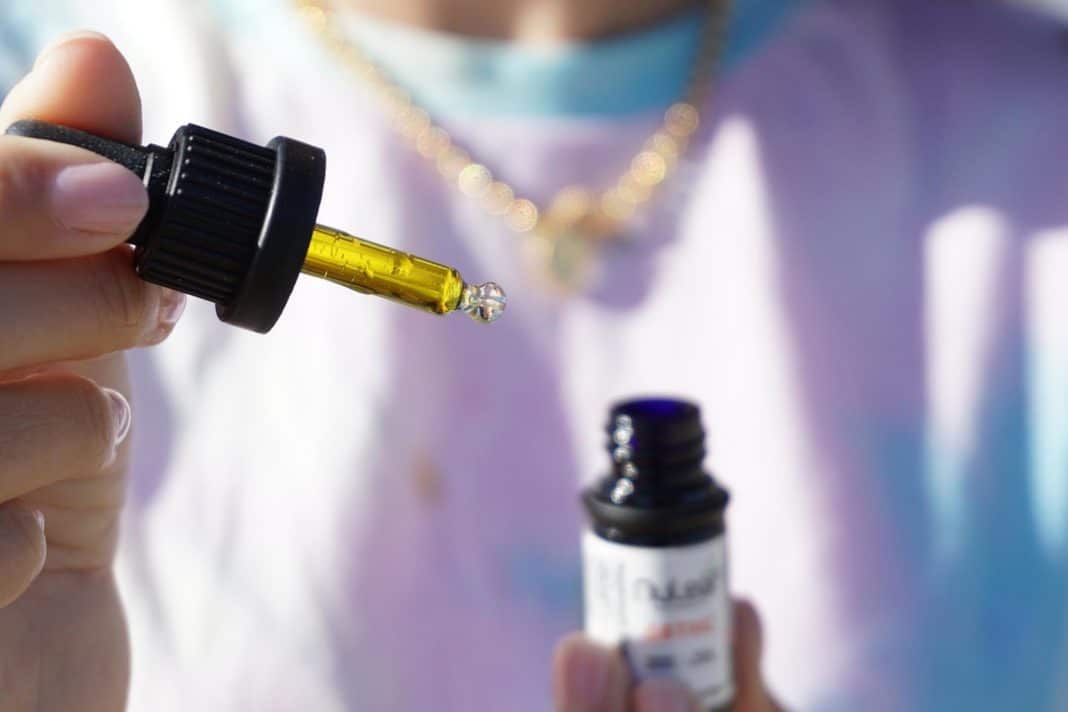Step aside CBD, there’s a new buzz in town! Delta-8, the latest cannabinoid to take the wellness world by storm, is causing a sensation like never before. From edibles to oils, Delta-8 products are flying off the shelves, and consumers are eager to discover what all the fuss is about.
But what exactly is Delta-8, and why is it gaining such widespread popularity? In this blog post, we’ll dive deep into the world of Delta-8, exploring its unique effects, potential benefits, and the legal landscape surrounding this fascinating compound. Get ready to unravel the mystery behind the rising star of the cannabinoid world!
What is Delta-8?
Delta-8 is a type of cannabinoid found in cannabis plants, and it has gained significant attention and popularity in recent times. While most people are familiar with Delta-9 THC, the primary psychoactive compound in marijuana, Delta-8 THC is another variant of tetrahydrocannabinol.
Both Delta-8 and Delta-9 THC share similar chemical structures, but they differ in their effects and potency. Delta-8 THC is reported to offer milder psychotropic effects compared to Delta-9 THC, resulting in a less intense high.
This distinction has sparked interest among cannabis users and those seeking alternative ways to experience the benefits of cannabinoids without the overwhelming psychoactive impact.
For instance, you can Buy Delta 8 flower online from various reputable sources that offer a range of strains and products. This allows consumers to explore the potential benefits of Delta-8 THC, such as potential pain relief, reduced anxiety, and enhanced mood, without the strong psychoactive properties associated with Delta-9 THC found in traditional marijuana products.
The Appeal of Delta-8 THC
The rising popularity of Delta-8 THC can be attributed to several appealing factors that set it apart from other cannabis-derived compounds. Here are some key aspects that contribute to its appeal:
- Mild Psychotropic Effects: One of the main reasons for Delta-8’s popularity is its reputation for delivering a more subtle and less intense high compared to Delta-9 THC. While Delta-8 THC does possess psychoactive properties, users often describe the experience as being more clear-headed and less anxiety-inducing. This makes it an attractive option for individuals who may be sensitive to the potent effects of Delta-9 THC or those seeking a milder euphoric experience.
- Therapeutic Potential: Delta-8 THC has been the subject of preliminary research into its potential therapeutic benefits. Some studies suggest that it may have similar properties to Delta-9 THC, such as anti-nausea, pain relief, and appetite-stimulating effects. Additionally, anecdotal reports claim that Delta-8 may help alleviate anxiety and stress without inducing the same level of paranoia or anxiety that some users experience with Delta-9 THC.
- Legal Status and Accessibility: The legal status of Delta-8 THC in some regions has contributed to its popularity. In certain places where Delta-9 THC remains illegal or heavily regulated, Delta-8 derived from hemp (rather than marijuana) is considered legal under the 2018 Farm Bill in the United States, allowing broader accessibility to consumers. This legal loophole has led to a surge in Delta-8 products in various forms, including vape cartridges, edibles, tinctures, and more.
- Potential Wellness and Recreational Applications: Delta-8 THC’s unique properties have positioned it as a versatile option for both wellness and recreational purposes. Some individuals use it to relax, unwind, and enhance recreational activities, while others explore its potential as a therapeutic aid for specific health conditions. The versatility of Delta-8 products has broadened its appeal to a diverse range of consumers.
Market Trends and Consumer Demographics
In recent years, the market for Delta-8 THC products has experienced significant growth and diversification. As more states and countries have legalized or decriminalized cannabis, the demand for alternative cannabinoid products like Delta-8 has surged. Consumers are drawn to Delta-8 for its mild psychoactive effects, therapeutic potential, and legal accessibility in certain regions.
The market trends indicate an expansion of product offerings, with a wide array of Delta-8-infused goods available, including vape cartridges, edibles, gummies, tinctures, and more. Additionally, the online marketplace has played a pivotal role in reaching a broader audience, enabling consumers to purchase Delta-8 products conveniently.
As for consumer demographics, the appeal of Delta-8 transcends traditional cannabis users. It has garnered interest from individuals seeking relaxation and stress relief without the intensity of Delta-9 THC. Moreover, health-conscious consumers exploring potential therapeutic benefits have also contributed to the market’s growth. The increasing acceptance and curiosity surrounding Delta-8 have led to a diverse customer base ranging from seasoned cannabis enthusiasts to wellness seekers.

Image Source: Pixabay
Concerns and Future Outlook
As the popularity of Delta-8 THC continues to rise, there are several concerns that warrant attention. One major issue is the lack of comprehensive research on its long-term effects and potential health risks. Additionally, the regulatory landscape surrounding Delta-8 remains uncertain, and legal challenges may arise in the future.
The future outlook for Delta-8 will largely depend on how regulators address its legality and safety concerns. If further research substantiates its potential benefits and safety profile, the market may continue to grow. However, without adequate regulation and oversight, there is a risk of substandard products and misinformation.
As the industry evolves, responsible use, consumer education, and evidence-based research will be crucial for ensuring the sustainable and safe integration of Delta-8 in the cannabis market.
The rising popularity of Delta-8 THC reflects its unique appeal to consumers seeking a milder cannabis experience with potential therapeutic benefits. However, this trend also raises concerns about safety, regulation, and the need for further research.
The future of Delta-8 remains uncertain, but responsible market practices, consumer education, and scientific exploration will play pivotal roles in determining its place in the evolving cannabis industry. As interest in Delta-8 continues, stakeholders must prioritize balanced approaches to ensure its integration is both beneficial and sustainable.
Main Image: Pixabay





